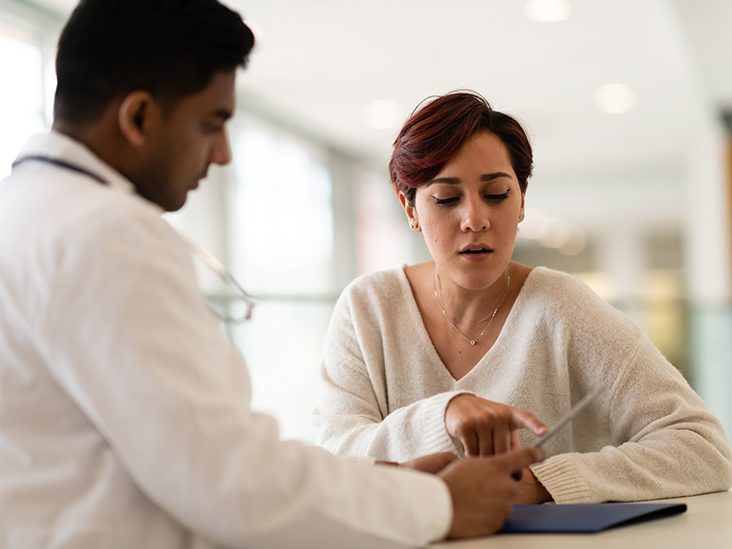Egg donation is a part of assisted reproductive technology, which allows a woman to give her oocyte to another woman to help them reproduce. The process involves the removal of an egg from a donor and implanting the embryo in a recipient’s uterus after fertilization. Women who are advanced in age or have problems such as ovarian failure may consider egg donation in Murray Hill to improve their chances to conceive. Below is what you need to know about egg donation if you have found a donor or are still looking for one.
What does the egg donation procedure involve?
First, your fertility center has a thorough selection process to find a suitable donor for you. You may need to do background research on all the necessary legal procedures to avoid future problems. Using another person’s egg for your reproduction purposes is something significant that you should be sure about.
If you already have a donor, they will take some medications to stop their menstrual cycle, and the drugs may cause side effects such as headaches, hot flashes, body aches, and fatigue. Specialists typically retrieve multiple eggs since some oocytes may get damaged during the process. For this reason, a donor needs ovarian stimulation to produce several eggs at the same time.
A doctor may inject the donor with this medication, but donors can self-administer. Rarely do the stimulation drugs cause complications, but previous donors have reported side effects such as breast tenderness, mood swings, and bruising at the injection site. However, ovarian hyperstimulation can develop when too many eggs are produced in the ovary. When this happens, a donor may require treatment which usually involves a few days at the hospital.
Since these drugs stimulate ovulation, donors develop a greater risk of becoming pregnant, so abstinence may be suitable. If that is not an option, specialists recommend using a barrier contraceptive. During this period, donors may need to visit the doctor for monitoring frequently. These hospital visits may involve ultrasound examination and blood tests.
Egg retrieval process
A donor will receive an injection before the doctor retrieves the eggs, as follows.
Donors get anesthesia to relax during the procedure, which may last approximately half an hour. The doctor uses an ultrasound probe inserted inside the vagina to facilitate the retrieval process. The instrument guides the doctor to direct the needle in the follicles to retrieve the eggs.
Some women resume normal activities the same day, but others require a day or two to recover from transvaginal ovarian aspiration.
What are the possible side effects?
Egg donation poses relatively low risks, and the side effects you may experience are similar to those of women who use their eggs for in vitro fertilization. The egg retrieval process involves using anesthesia, which carries mild risk, but women rarely develop severe complications.
There is usually bleeding as the doctor inserts a needle in the ovary. Other potential risks associated with this procedure are damage to nearby organs such as the bowel, bladder, and blood vessels.
If you need help to conceive and are considering egg donation, consult with your doctor at Noble Fertility Center to know your options.





